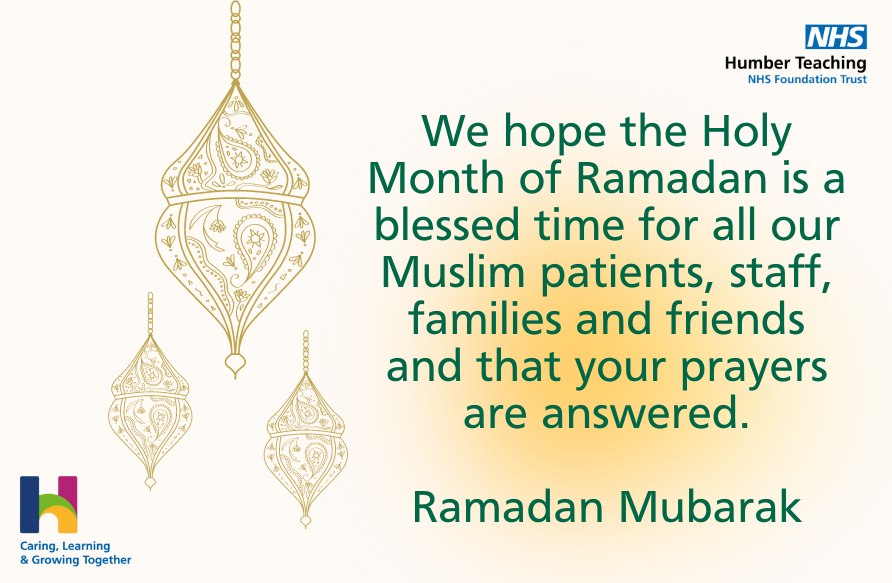Supporting Staff who Observe Ramadan
Published: 10 March 2024 to 31 December 2098

Ramadan is the ninth month of the Islamic calendar, during which Muslims observe a period of fasting from dawn until sunset. During this time, many employees may observe Ramadan and face challenges in maintaining their productivity and energy levels. Managers play a crucial role in supporting their staff who observe Ramadan.
Supporting staff who observe Ramadan is not only a legal requirement but also a moral and ethical responsibility. Managers play a crucial role in creating a supportive work environment that respects and accommodates their religious obligations. By encouraging communication, allowing flexible scheduling, providing resources, fostering cultural awareness, and offering support and recognition, managers can ensure that all employees have the opportunity to fulfil their professional responsibilities while maintaining their religious commitments.
Here are some ways in which managers can support staff during this time:
- Encourage Communication
Open and honest communication is key to understanding the needs of staff who observe Ramadan. Managers should encourage their team members to openly discuss their religious obligations and its impact on their work. Active listening, empathy, and respect are essential in creating a supportive work environment.
- Allow Flexible Scheduling
Managers should consider allowing flexible work schedules for staff who observe Ramadan. This could include adjusting working hours to avoid fasting during the hottest time of day, providing opportunities for longer lunch breaks, or allowing employees to work from home during certain periods. By accommodating their religious practices, managers can help staff maintain productivity and reduce stress.
- Provide Resources
Managers can offer a wide range of resources to help staff who observe Ramadan. This can include access to prayer rooms or designated quiet areas, where employees can pray and meditate. Managers can also provide information about local mosques or Muslim community centres where employees can gather for Iftar (the evening meal after sunset) and engage in religious activities.
- Foster Cultural Awareness and Sensitivity
Managers should strive to create a work environment that is inclusive and respectful of different cultures, including those who observe Ramadan. This includes avoiding scheduling meetings or activities during fasting hours, refraining from making negative comments about fasting, and providing opportunities for spiritual and cultural exchange. By fostering cultural awareness and sensitivity, managers can create an inclusive and supportive environment for all employees.
- Offer Support and Encouragement
Managers can provide support and encouragement to staff who observe Ramadan. This can be done through acknowledging their religious commitments, offering praise and recognition for their dedication and hard work, and being available to listen and address any concerns or challenges they may face. By showing empathy and understanding, managers can create a supportive culture that encourages employees to share their experiences and beliefs.
- Summary:
Ramadan is the ninth month of the Islamic calendar, during which Muslims observe a period of fasting from dawn until sunset.
- Category:









